Moscow, 10 July- Since the onset of special military operations in Ukraine in February 2022, the Western alliance led by the United States has imposed a series of stringent sanctions on Russia. These sanctions, coupled with the seizure of Russian billionaires' assets in various countries, aimed to exert economic pressure and cripple Russia's economy. However, more than two years into the conflict, these measures have not achieved their intended effect.
Contrary to expectations, Russia has not only withstood the economic onslaught but has also been classified by the World Bank as a "high-income country." This designation applies to nations where citizens have a minimum annual income of approximately 12 lakh rupees. Previously, Russia was categorized as an upper-middle-income country.
Russia's ability to adapt economically during the war has been pivotal. Moscow ramped up military recruitment, absorbing the country's poor and unemployed into the army. This recruitment drive not only provided employment but also led to increased incomes for these individuals. Russian banks reported significant deposits from military personnel, boosting the economy.
Despite sanctions, Russia's trade volume increased by seven percent last year. This growth is remarkable given the international market challenges Moscow faced. Russian economists attribute this resilience to the country's robust trade relationships, particularly with China, which played a critical role in sustaining economic activities.
Russia's self-sufficiency in energy resources, food, and raw materials has been a significant advantage. The country’s vast reserves of natural resources and skilled workforce have enabled it to navigate through the economic hardships imposed by the sanctions. This self-sufficiency has provided a stable foundation for economic growth.
The strategic leadership of President Vladimir Putin has been instrumental in steering the country through this turbulent period. American economist Alexander Dunkin noted that Russia's unprecedented self-confidence and effective strategies have been key to its economic resilience. Russia's tradition of scientific excellence and skilled labor force has also contributed to this success.
Russia's ability to transition to a high-income country amidst extensive Western sanctions and the costs of war is a testament to its economic resilience and strategic governance. The combination of increased military recruitment, robust trade, self-sufficiency in essential resources, and effective leadership has enabled Russia to defy expectations and strengthen its economic standing. This development raises questions about the efficacy of sanctions as a tool for economic coercion and highlights the complexities of global economic dynamics in times of conflict.



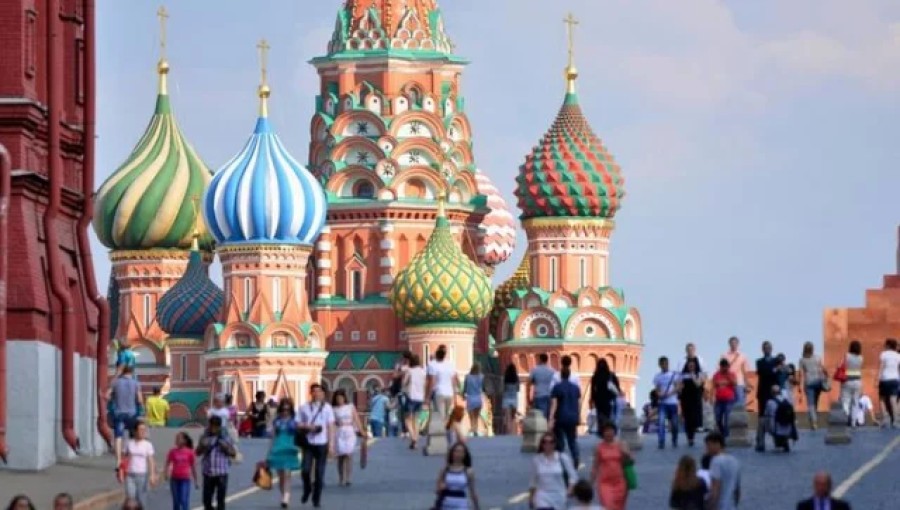
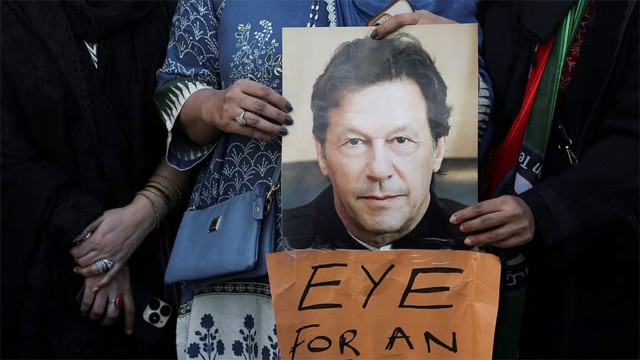
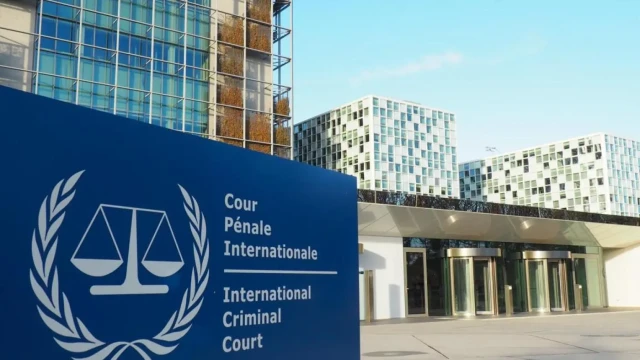
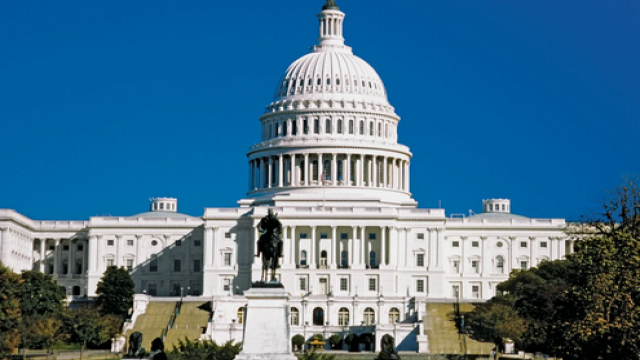
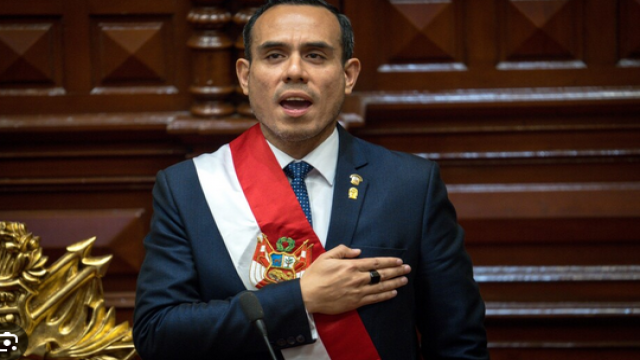
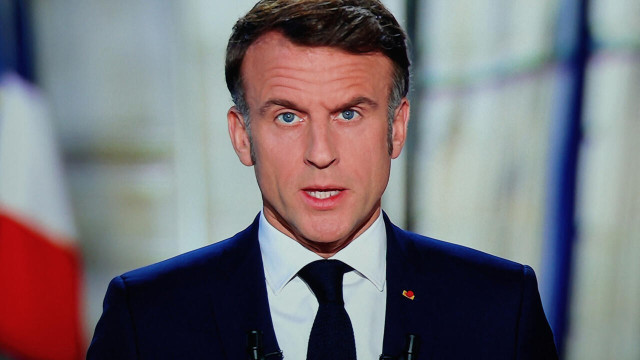
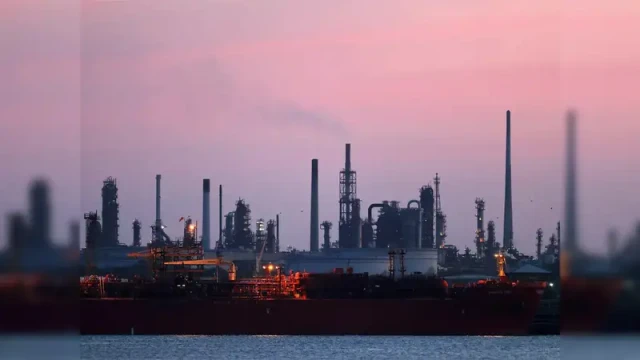
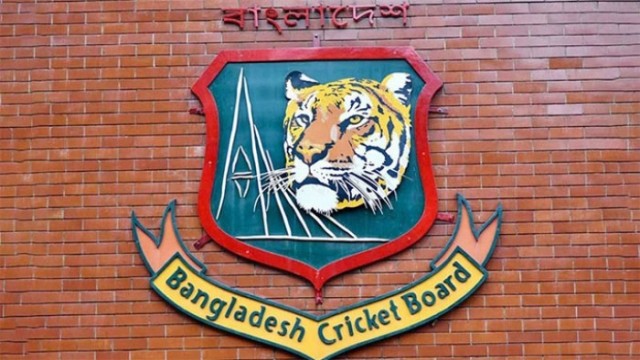
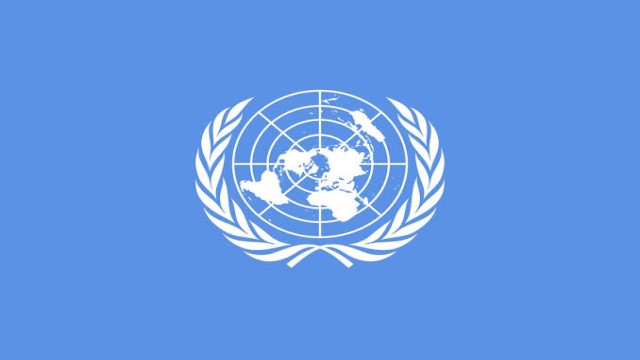

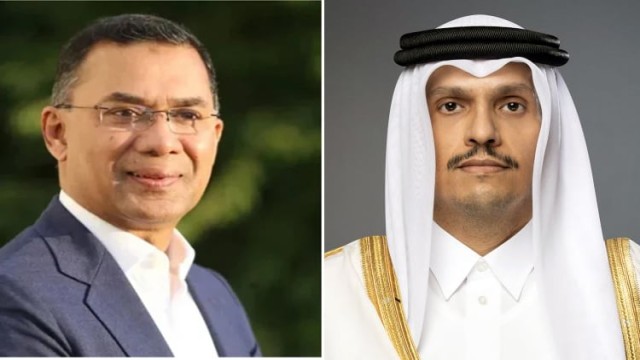
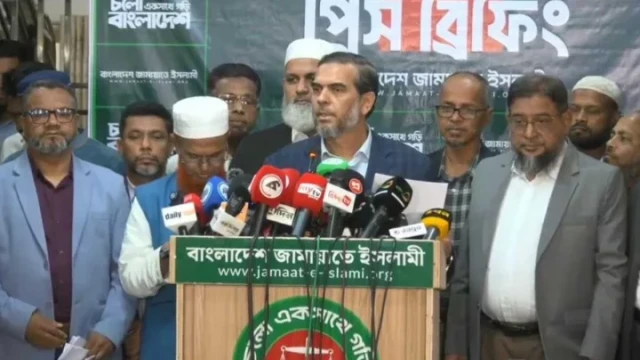
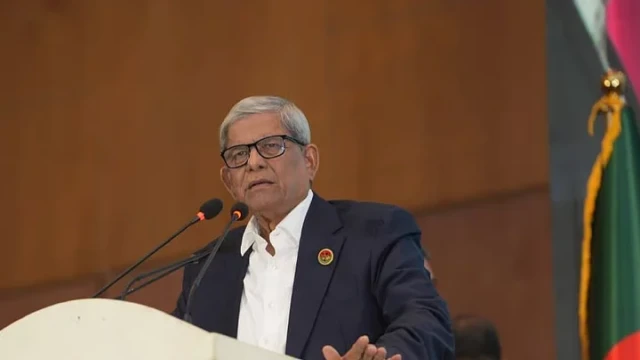
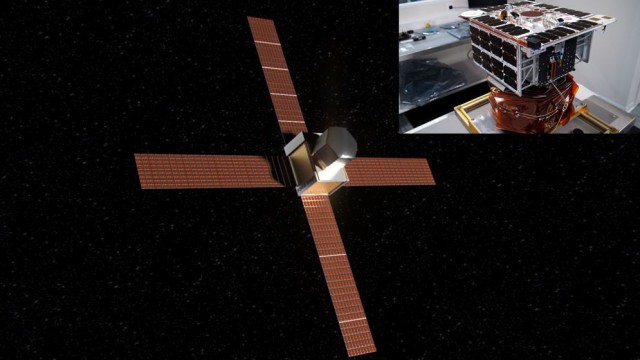
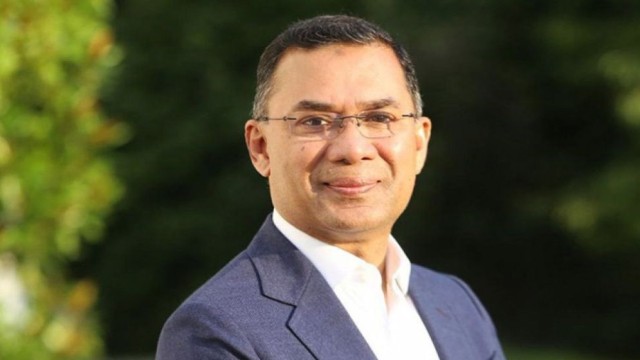
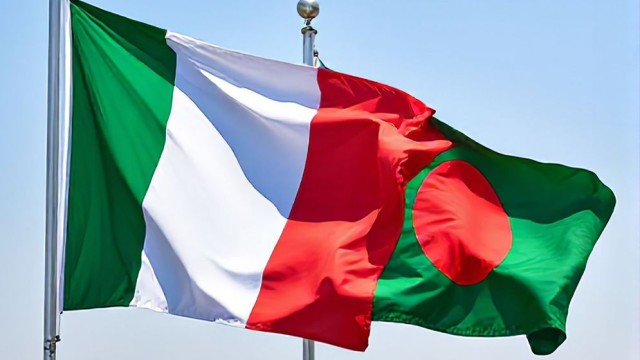











Comment: